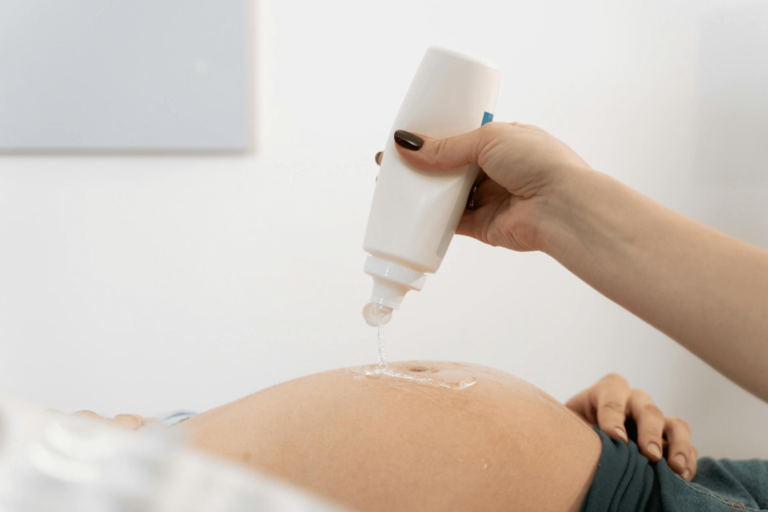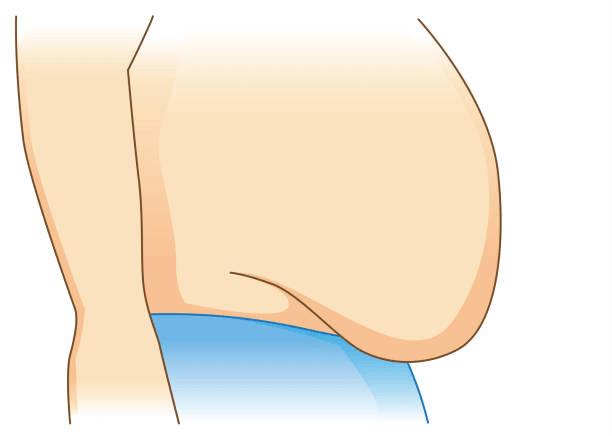Understanding Rectal Bleeding During Pregnancy

Rectal bleeding during pregnancy, though concerning, is often caused by common conditions such as hemorrhoids (piles) or anal fissures. These issues arise due to increased pressure on the rectal area and constipation, which can be exacerbated by pregnancy.
Causes of Rectal Bleeding in Pregnancy
1. Hemorrhoids:
Hemorrhoids are swollen veins in the rectal area that can cause discomfort, itching, and bleeding. They are common in pregnancy due to increased blood volume and pressure on the veins near the anus.
2. Anal Fissures:
Anal fissures are small tears in the lining of the anus, often resulting from passing hard stools. They can be very painful and may bleed, especially during bowel movements. Constipation, which is common during pregnancy, often leads to the development of fissures.
Prevalence of Rectal Bleeding
Rectal bleeding becomes more common as pregnancy progresses:
- Hemorrhoids: Affect about 25% of pregnant women by the third trimester.
- Anal Fissures: Occur in approximately 1% of pregnant women, increasing to 14% postpartum.
Also read: Late Miscarriage: Causes, Symptoms, And Support
Impact on Pregnancy
Fortunately, neither hemorrhoids nor anal fissures typically pose a risk to the baby. However, it is essential to inform your healthcare provider of any bleeding to ensure proper diagnosis and peace of mind.
Preventing and Managing Rectal Bleeding
1. Dietary and Lifestyle Changes:
To reduce the risk of rectal bleeding, it is crucial to prevent constipation:
- Increase Fiber Intake: Incorporate whole grains, fruits, and vegetables into your diet.
- Stay Hydrated: Drink plenty of water daily.
- Exercise: Regular physical activity helps keep bowel movements regular.
2. Immediate Relief for Symptoms:
- Gentle Hygiene: Use moist wipes instead of dry toilet paper and pat the area dry.
- Warm Baths: Soaking in warm water can relieve discomfort.
- Pain Management: Paracetamol may help alleviate pain, but consult your healthcare provider for safe medication options.
Postpartum Considerations
Hemorrhoids and anal fissures often improve postpartum as the body recovers from childbirth and the strain on the rectal area decreases. However, if symptoms persist, consult a healthcare provider for potential treatments, such as prescription laxatives or ointments.
Conclusion
While rectal bleeding during pregnancy is usually benign and treatable, it is important to communicate with your healthcare provider to ensure proper care and to address any concerns.
Additional Resources
For further information and personalized advice, consult your healthcare provider or a qualified medical professional.
Also read: The Latest Buzz In Pregnancy: Emerging Trends And Insights






